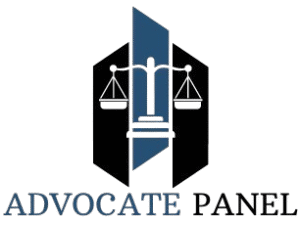138 NI Act
Section 138 of the Negotiable Instruments Act, 1881 pertains to the offence of dishonour of cheque due to insufficiency of funds or if it exceeds the amount arranged to be paid. It is a commonly invoked legal provision in commercial transactions and is classified as a criminal offence.
The objective of this section is to promote the credibility of negotiable instruments and safeguard financial discipline in business dealings.
When Does Section 138 Apply?
Section 138 is attracted when the following conditions are met:
A cheque is drawn by a person for the discharge of a legally enforceable debt or liability.
The cheque is returned unpaid due to insufficient funds or exceeds the arrangement.
The payee issues a written demand notice within 30 days of receiving the cheque return memo.
The drawer fails to make payment within 15 days of receiving the notice.
Failure to comply may result in criminal proceedings and, if found guilty, the drawer may face imprisonment up to two years, a fine up to twice the cheque amount, or both.
Legal Remedies available
Both civil and criminal remedies may be pursued simultaneously, depending on the facts of the case. Reliefs may include:
Recovery Through Civil Suit
A civil suit may be filed to recover the unpaid cheque amount as a legally enforceable debt or financial obligation in court.
Criminal Prosecution Under Section 138
Criminal proceedings may be initiated against the cheque issuer for dishonour, resulting in penalties, imprisonment, or fine as per law.
Compensation for Financial Loss
Compensation may be claimed for losses suffered due to the dishonoured cheque, including interest, penalties, or related commercial damages, where applicable.
Interim Relief and Special Remedies
In appropriate cases, interim relief may be sought through court orders or statutory provisions under High Court or special law directions.
Procedure to be Followed
Cheque Presentation: The cheque must be presented to the bank within its validity period, typically within three months from the date of issuance.
Cheque Dishonour and Return Memo: If the cheque is returned unpaid due to insufficient funds or any other reason, the bank issues a return memo specifying the cause.
Issuance of Legal Demand Notice: The payee must send a written legal notice to the drawer within 30 days from receiving the cheque return memo, demanding payment.
Waiting Period (15 Days): After receiving the notice, the drawer is granted 15 days to make the payment. No complaint can be filed during this period.
Filing of Complaint Before Magistrate: If payment is not made within 15 days, a criminal complaint can be filed before the Judicial Magistrate within the prescribed legal timeframe.
Summoning of the Accused and Trial: The Magistrate examines the complaint and may issue summons. If satisfied, the trial proceeds under the provisions of the Code of Criminal Procedure.
Proper drafting, documentation, and compliance with timelines are critical in these cases.
